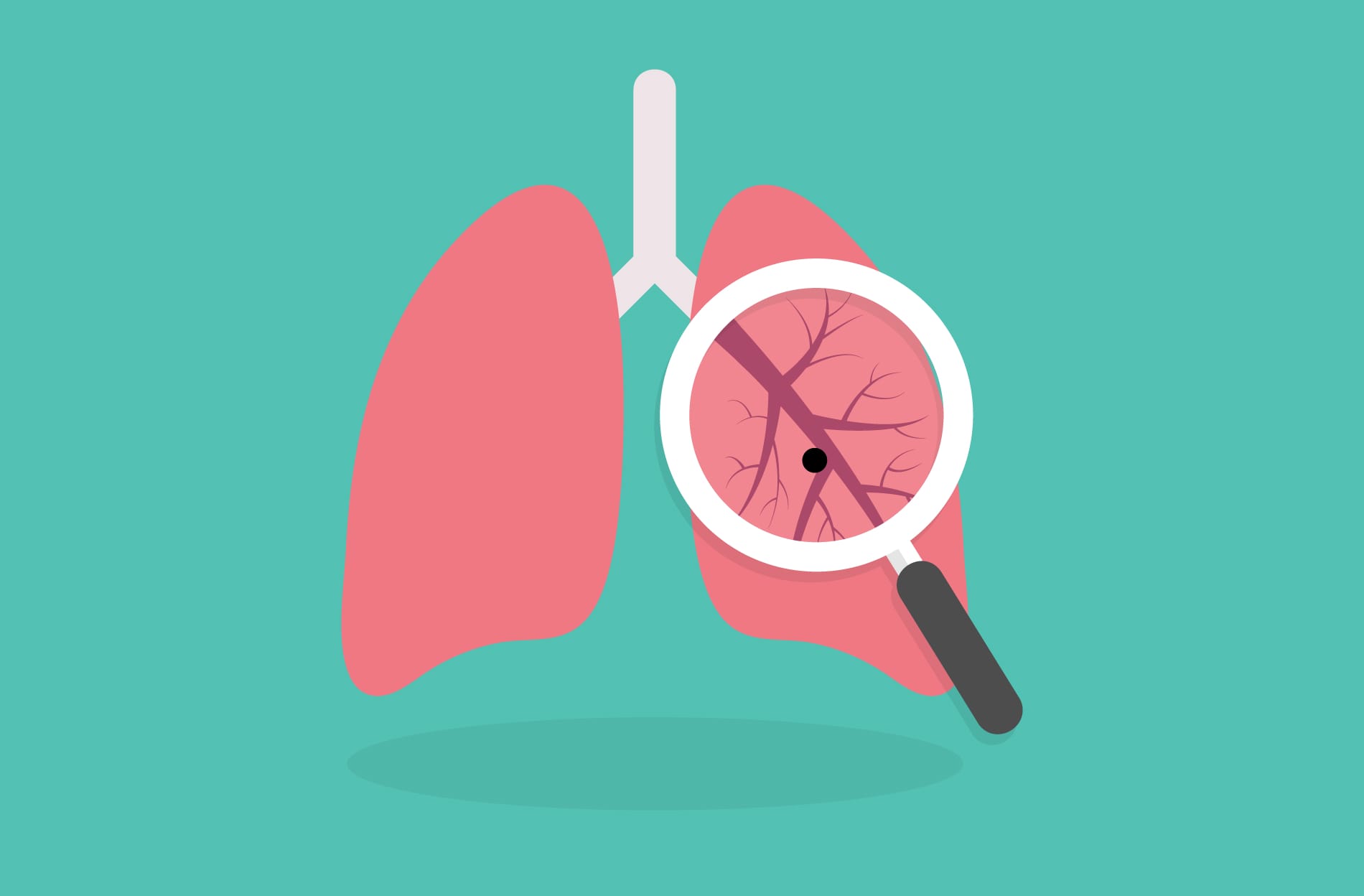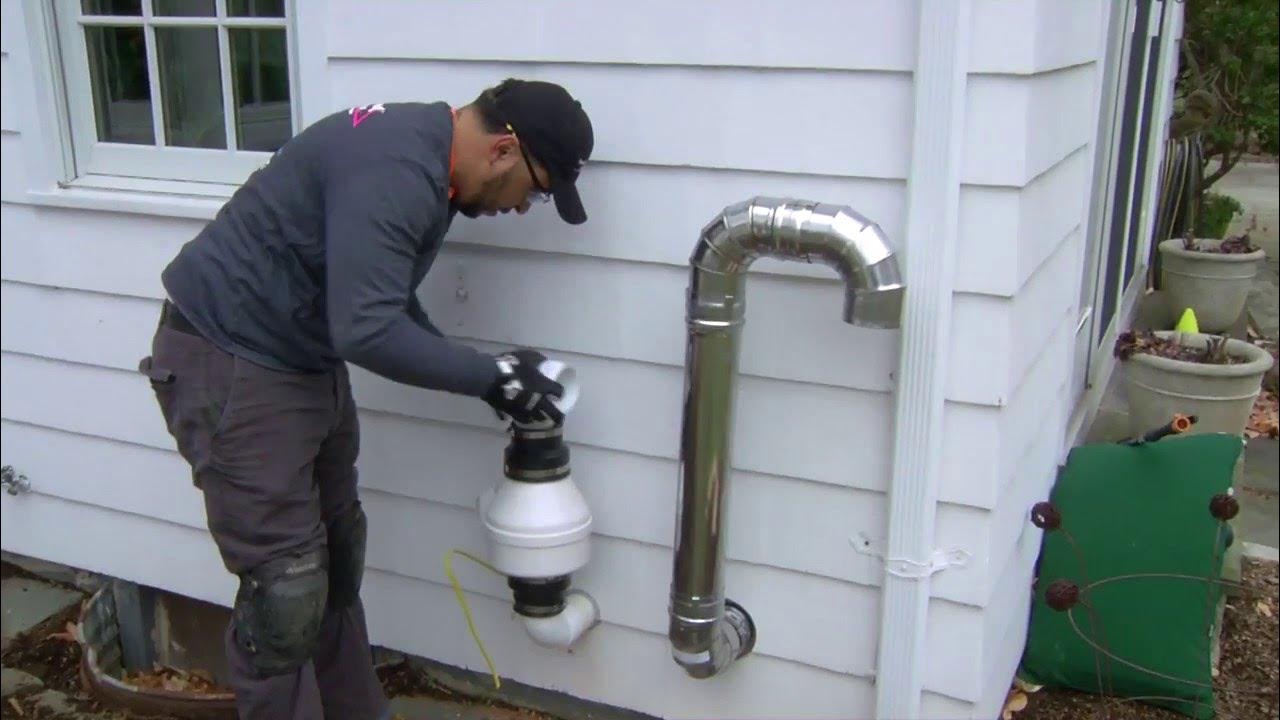Radon is a radioactive gas that occurs naturally in the environment, particularly in soil and rocks. It is a colorless, odorless, and tasteless gas that can seep into homes and other enclosed spaces, leading to potential health risks. Despite some misconceptions, radon is not good for you and has no known health benefits. Radon exposure is a leading cause of lung cancer, especially among smokers.
This article aims to provide a detailed overview of radon, its health risks, and the importance of radon testing and mitigation.
Table of Contents
Understanding Radon
Radon is a byproduct of the natural breakdown of uranium in soil, rock, and water. It can move through the soil and enter buildings through cracks and other openings in the foundation.
Radon can also be found in well water, which can release radon gas into the air when used for showering, cooking, or other household activities.
Radon is measured in units of picocuries per liter of air (pCi/L). The Environmental Protection Agency (EPA) recommends taking action to reduce radon levels in homes that measure 4 pCi/L or higher.
However, it is important to note that there is no safe level of radon exposure, and even low levels can pose a health risk over time.
Health Risks of Radon
Radon exposure is a leading cause of lung cancer, accounting for an estimated 21,000 deaths in the United States each year.
The risk of lung cancer increases with the level and duration of radon exposure. Smokers are at an even higher risk, as radon exposure can significantly increase the risk of lung cancer in smokers.
Radon gas decays into radioactive particles that can get trapped in the lungs, causing damage to lung tissue and increasing the risk of lung cancer.
The risk of lung cancer from radon exposure is similar to the risk of smoking 10 cigarettes per day, according to the EPA.
Myths and Misconceptions
Despite the well-established health risks associated with radon exposure, there are some misconceptions about the benefits of radon.
One such misconception is that radon can be good for you. This misconception might arise from anecdotal reports of people visiting radon spas in Montana, where they soak in radon-rich water. However, there is no scientific evidence to support the idea that radon has any health benefits.
The risks of radon exposure far outweigh any potential benefits. Radon is a known carcinogen, and there is no safe level of exposure.
The misconception about the benefits of radon might also stem from a lack of understanding of the health risks associated with radon exposure.
Testing and Mitigation
The only way to know if your home has elevated levels of radon is to test for it. Testing is relatively easy and inexpensive, and it can provide valuable information about your home’s radon levels.
The EPA recommends testing all homes for radon, regardless of their location or age.
If your home has elevated levels of radon, several mitigation strategies can help reduce your exposure. These strategies include sealing cracks and openings in the foundation, increasing ventilation, and installing a radon mitigation system.
A radon mitigation system can help reduce radon levels in your home by venting the gas to the outside.
Conclusion
Radon is a radioactive gas that can increase the risk of lung cancer, especially in smokers. There is no evidence that radon has any health benefits and the misconception that it could be good for you might arise from anecdotal reports of people visiting radon spas.
However, this does not negate the well-established health risks associated with radon exposure. Testing for radon and taking appropriate actions to mitigate high levels is crucial for protecting public health. By understanding the risks associated with radon and taking steps to reduce exposure, we can help prevent lung cancer and protect our health.




